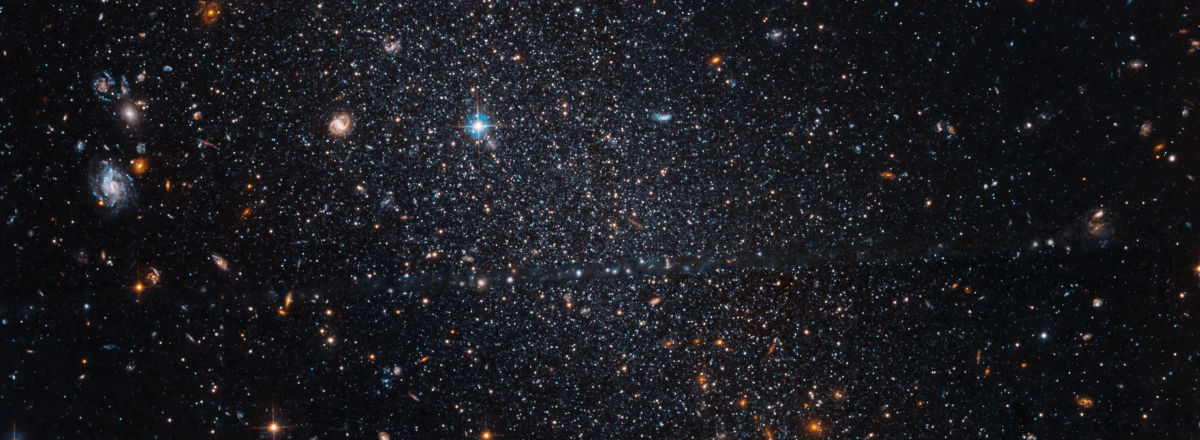Hubble Captures Distant "Cosmic Fossil" Offering Insight into Early Universe
This dwarf spheroidal galaxy, much smaller and dimmer than typical galaxies, contains very little dust and has a stellar population that is skewed toward older stars.

The Hubble Space Telescope has captured an image of the Tucana Dwarf galaxy, a small and isolated galaxy located about 3 million light-years from Earth. Known for its ancient stars, the Tucana Dwarf is being described as a "cosmic fossil" that may offer valuable insights into galaxy formation during the early universe.
This dwarf spheroidal galaxy, much smaller and dimmer than typical galaxies, contains very little dust and has a stellar population that is skewed toward older stars. Researchers believe it may have been flung to its distant location after an encounter with the Andromeda galaxy around 11 billion years ago.
NASA scientists are using this pristine galaxy to study the early stages of galaxy formation, hoping to trace its origins back to the dawn of time.

